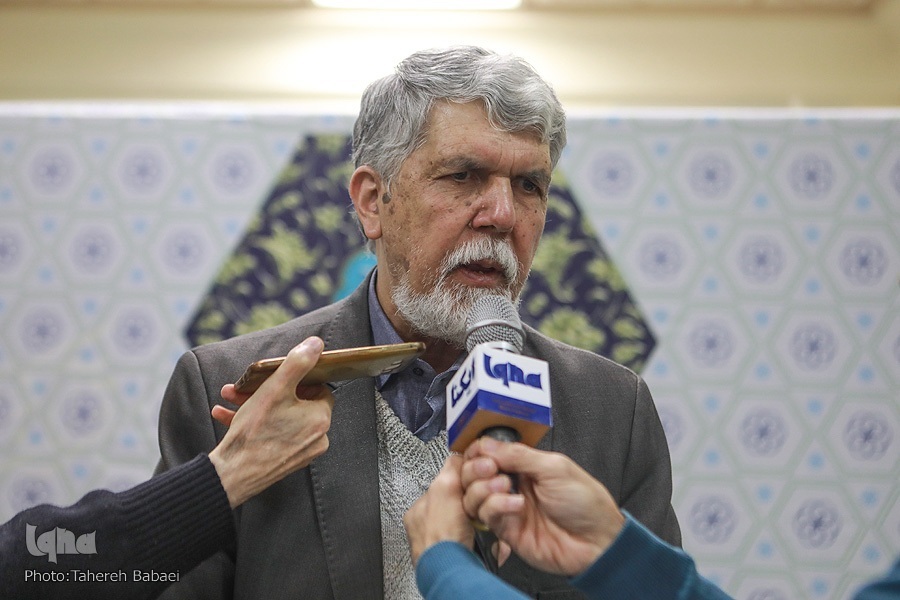Int’l Quran Contests Serves as a Platform for ‘Quranic Diplomacy’: Minister

Speaking on the sidelines of the closing ceremony of the 41st edition of the event, Salehi described the competition as an opportunity for "Quranic diplomacy," emphasizing that the Quran serves as a unifying factor among Muslim nations.
“The Quran establishes and strengthens ties between Muslim communities, regardless of political changes,” he said. “Therefore, the competition should not be viewed solely from a ritualistic perspective, even though it holds significant ceremonial and spiritual value.”
Read More:
Salehi highlighted the participation of winners from countries such as Egypt, Libya, Nigeria, Bangladesh, Iraq, and Lebanon, noting that while Iran has diplomatic relations with some of these nations, others have different political dynamics with Tehran.
“The fact that representatives from these countries come together under the banner of the Quran is significant, as it facilitates an exchange of messages from the Islamic Republic,” he stated.
He also noted that over four decades, the competition has underscored Iran’s commitment to Quranic engagement. “One common accusation against Shiism is a lack of focus on the Quran,” Salehi said. “Yet, the scale and continuity of this competition demonstrate that the Islamic Republic and Shia communities consider the Quran as the primary source of guidance, dispelling some of these misconceptions.”
Watch:
Additionally, he pointed to the competition’s role in attracting young people to Quranic studies. “In such an environment, enthusiasm and devotion to the Quran grow among youth, encouraging them to engage in memorization, recitation, and deeper reflection on its teachings,” he said.
The 41st edition of Iran’s International Quran Competitions, which concluded on Friday, brought together 57 male and female qaris from 27 countries to the northeastern Iranian city. The event, one of the oldest Quranic competitions in the Muslim world, featured competitions in recitation and memorization of the Quran.
4263055



